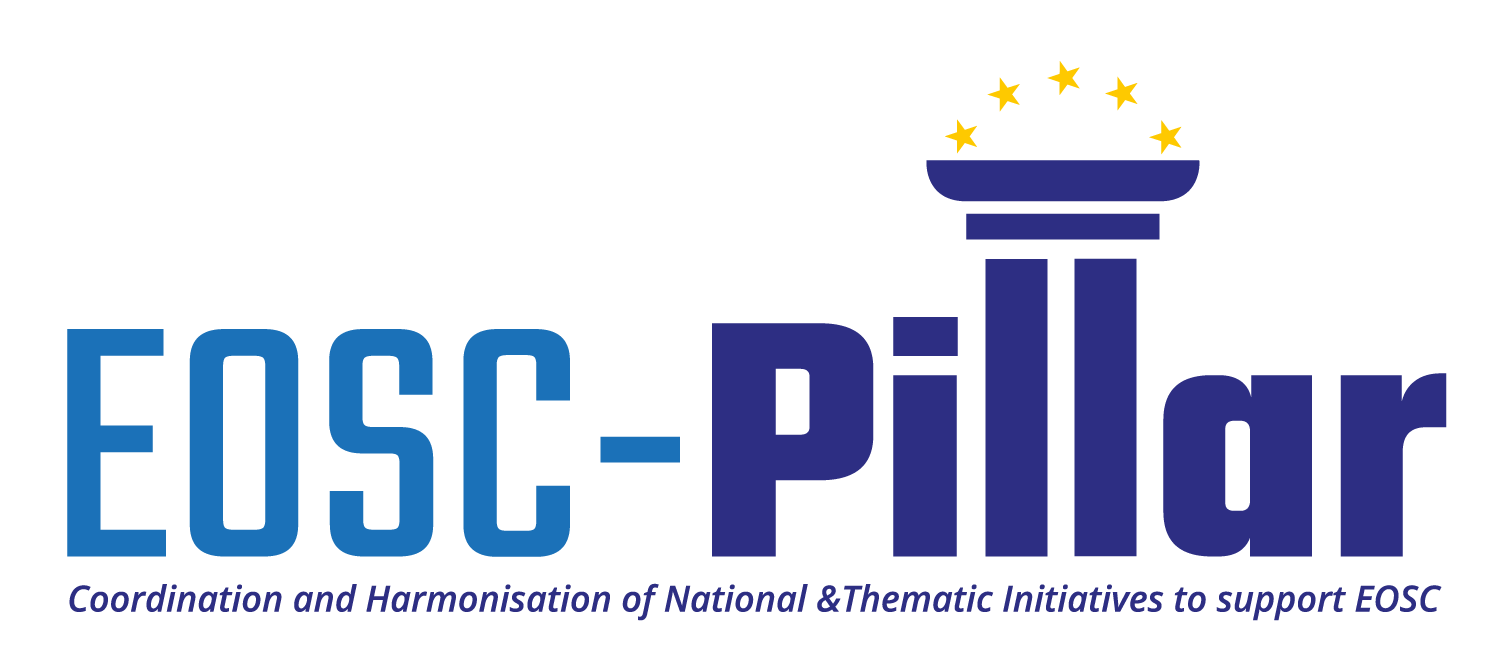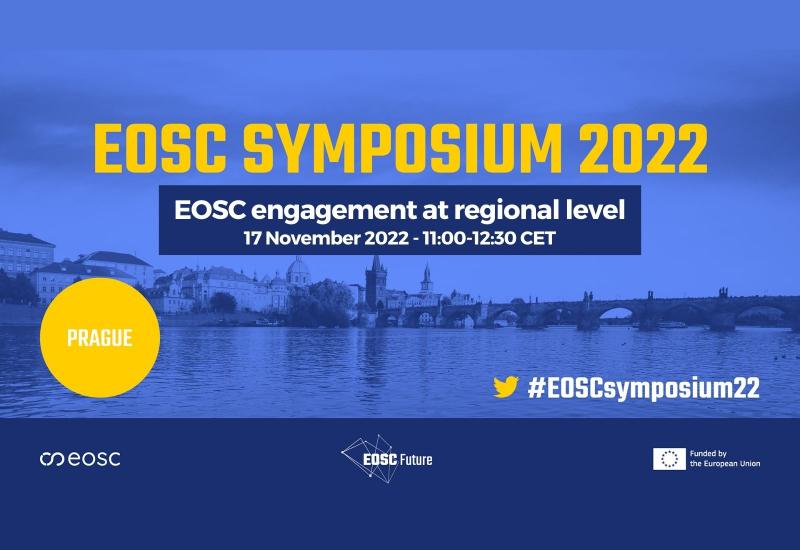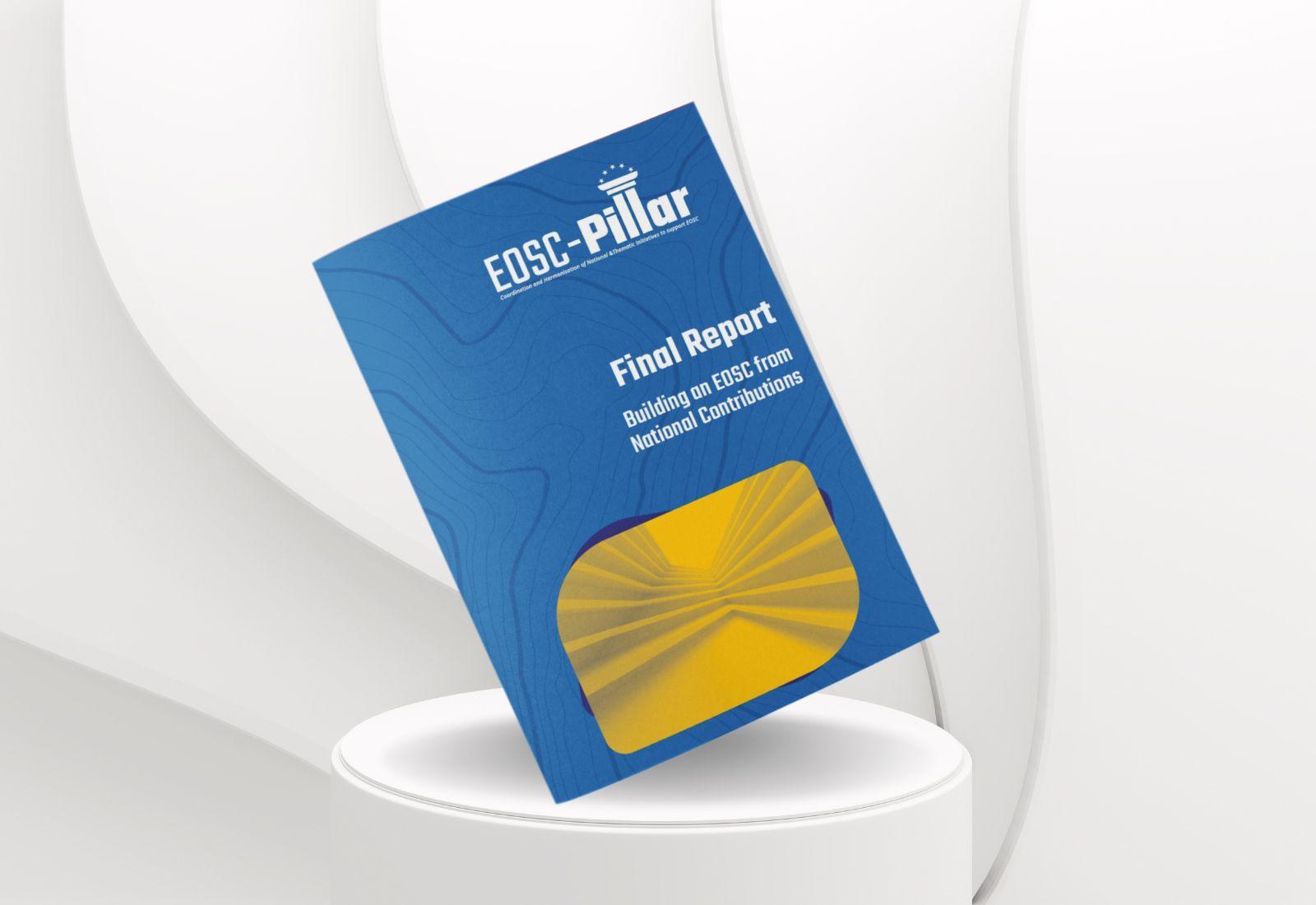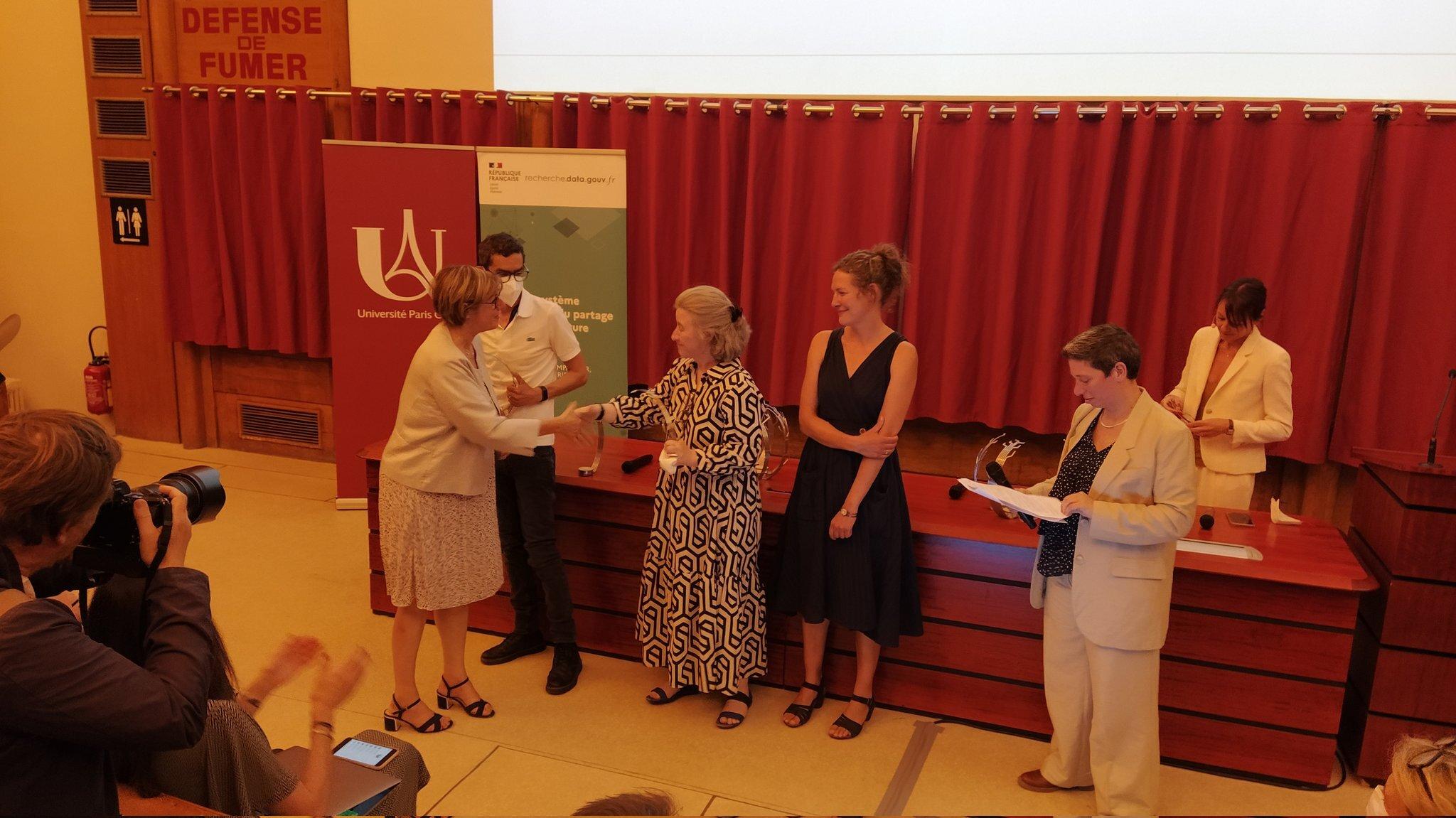
EOSC-Pillar countries constituting the backbone of the EOSC Association
November
23,
2020
News

Dozens of organisations from Austria, Belgium, France, Germany, and Italy responded to the call to become active parts of the future developments of the European Open Science Cloud, by applying as members or observers of the newly-founded EOSC Association.
Towards the first General Assembly of the EOSC Association
The European Open Science Cloud Association (EOSC Association) was established on 29 July 2020 as an Association without lucrative purpose under Belgian law (AISBL). This achievement marked a crucial step towards the implementation of EOSC under the Horizon Europe Framework Programme and beyond.
The EOSC Association is gathering relevant EOSC stakeholders such as research funders, research performing organisations and service providers for research in order to actively involve them in designing and monitoring future EOSC developments, coordinating with the new EOSC Governance from the beginning of 2021.
187 organisations were evaluated in the first round of applications which concluded in mid-October and will be involved in the first General Assembly scheduled on 17 December 2020, as provisional members or observers.
Provisional members and observers of the Association from EOSC-Pillar countries
Initiatives from the five EOSC-Pillar countries have been involved in the process since its early stages, as GARR, the EOSC-Pillar coordinator, was one of the four founding members of the EOSC Association, and now represents the Italian Computing and Data Infrastructure (ICDI) as well as the mandated organisation of Italy. Although based in Belgium, CESAER, another one of the founding members, will not be representing the country specifically.
Six key organisations from Austria applied, including EOSC-Pillar partner the University of Vienna, while Ghent University was one of sixteen actors participating from Belgium.
Twenty-seven institutions applied from France, with EOSC-Pillar partners CINES, CNRS, IFREMER, INRAE, INRIA, and INSERM completing a diverse range of research performing organisations.
Germany took part in the first round of applications through fourteen organisations including the Karlsruhe Institute of Technology, also involved in EOSC-Pillar.
Twenty-four organisations from Italy completed this rich group, featuring leading research infrastructures such as EOSC-Pillar partners CNR and INFN.
Please find a full list of provisional members and observers of the EOSC Association at this link.
Coordinating national open science initiatives and facilitating their contributions to EOSC
The direct participation of national research performers, research funders, and service providers in the next steps of the EOSC Association is extremely relevant in the context of regional projects like EOSC-Pillar, as this will provide local and regional actors with a new reliable channel to make their voice heard on matters related to the European Open Science Cloud.
Our project contributed to mapping the current landscape concerning Open Science and EOSC in Central Western Europe across a variety of stakeholders, through the “National Initiatives Survey”, and went on to stimulate relevant discussions within the EOSC community.
EOSC-Pillar, together with the other regional projects, brought forward national and regional perspectives on EOSC in the collection of position papers published in the spring of 2020, which was then taken into account for the development of official EOSC Governance documents in late 2020.
We have also provided a focus on the role of national and international open science policies in EOSC in a highly participated webinar in October, which built upon the successful session organised as part of the EOSC-hub Week 2020.
We encourage all Austrian, Belgian, French, German, and Italian organisations that have applied to become members or observers of the EOSC Association to also get involved in the EOSC-Pillar activities, so as to cooperate towards a more coordinated roadmap for national open science initiatives in the next phase of EOSC.







